Social Bat.org Gerald Carter I’m interested in evolutionary perspectives on cooperation, communication, and cognition. This blog do...
I’m interested in evolutionary perspectives on cooperation, communication, and cognition. This blog documents my progress on studies of vampire bat cooperation and related topics.
Natural selection should lead to social animals that can protect themselves from being socially exploited by others. They can accomplish this by targeting their cooperative investments towards individuals that are likely to (1) be genetically related, (2) provide them with immediate benefits, or (3) help them over the long-term. The last of these categories of individuals can be the hardest to predict. Furthermore, cooperative and exploitative strategies can coevolve in an evolutionary arms race: as cooperative traits improve over evolutionary time, so too do strategies for exploiting those cooperative traits. As a consequence, we might expect that social decisions about who, when, and how much to help might integrate many different kinds of social information. I’m interested in how animals make decisions about forming and maintaining cooperative relationships. Vampire bats are an excellent model for understanding such cooperation.
Female vampire bats often regurgitate food for both related and unrelated roost-mates that failed to feed. Without some kind of social enforcement, such a system could invoke an evolutionary “tragedy of the commons” because less cooperative bats would receive the same reproductive benefits without paying the same reproductive costs. I am testing if and how vampire bats actively prevent freeloading.
Female vampire bats often regurgitate food for both related and unrelated roost-mates that failed to feed. Without some kind of social enforcement, such a system could invoke an evolutionary “tragedy of the commons” because less cooperative bats would receive the same reproductive benefits without paying the same reproductive costs. I am testing if and how vampire bats actively prevent freeloading.
Gerald Carter
Uwe Schmidt
Not a great photo, but hard to get color photo of food sharing. Here’s more.

Uwe Schmidt
Also, see Arkive.org.



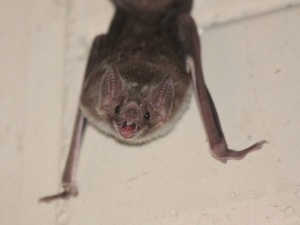

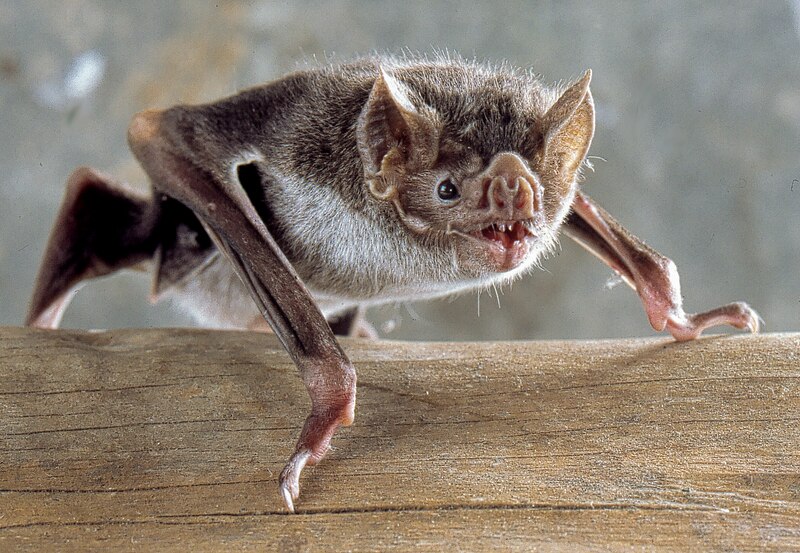
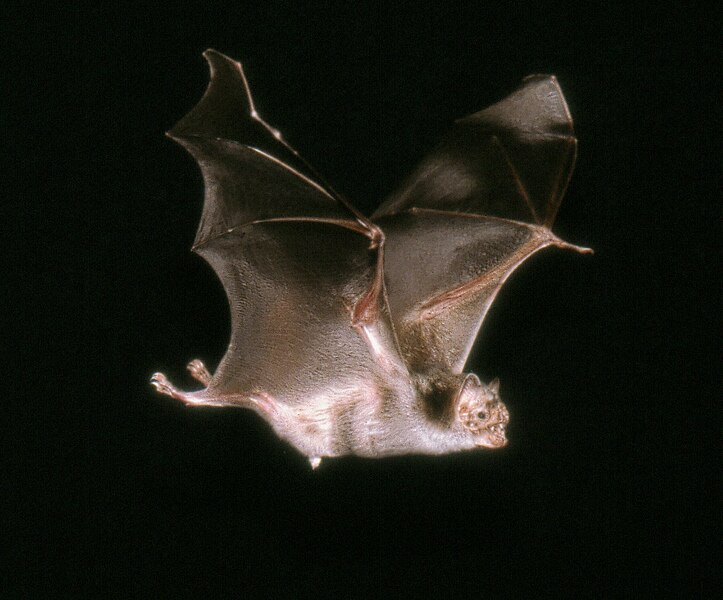
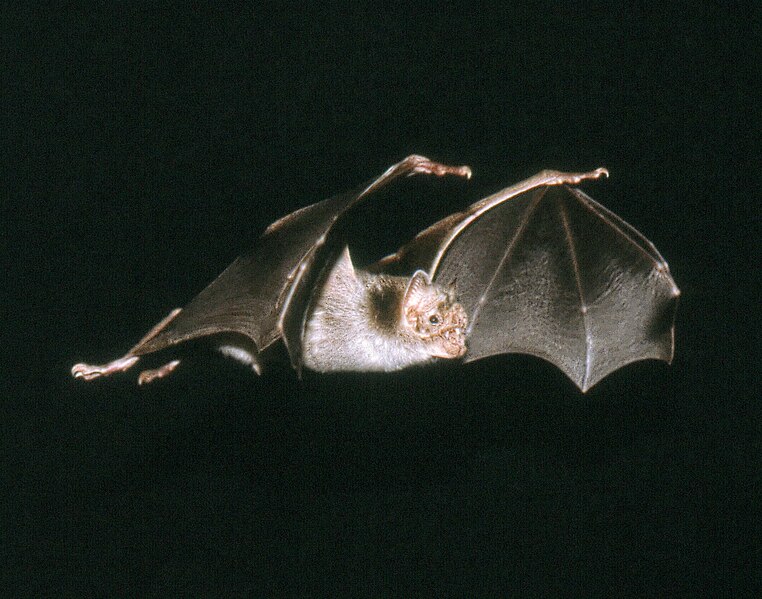
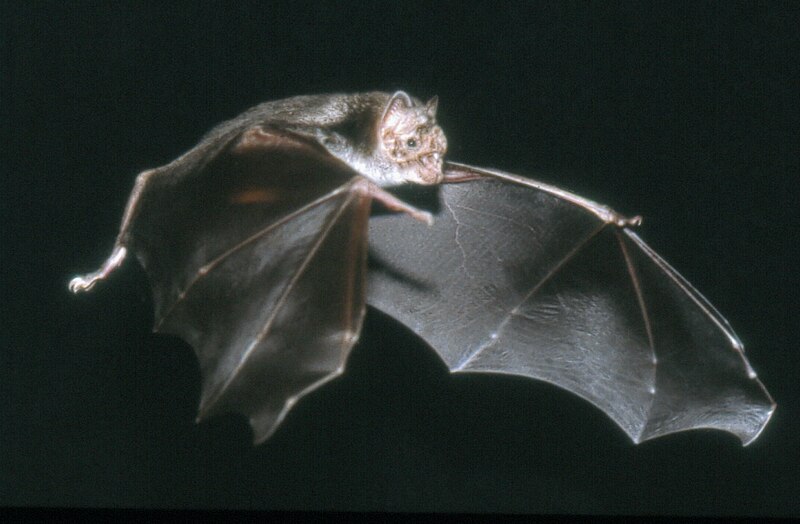



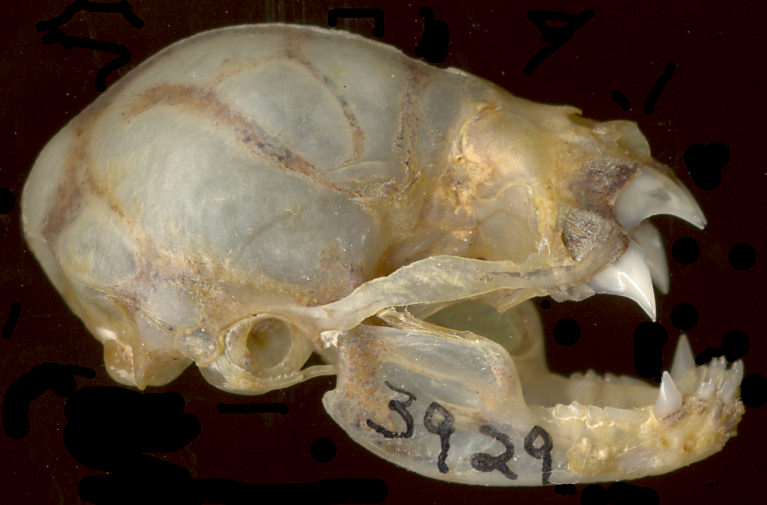








COMMENTS